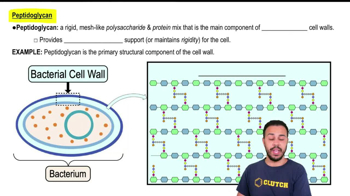Which of the differences listed here could be found among molecules of the same monosaccharide? Select True or False for each statement.
T/F There is a difference in the orientation of a hydroxyl group in the ring form.
T/F There is a difference in the number of carbons.
T/F There is a difference in the position of the carbonyl group in the linear form.
T/F There is a difference in the overall shape of the molecule—one is a ring and the other is linear.





